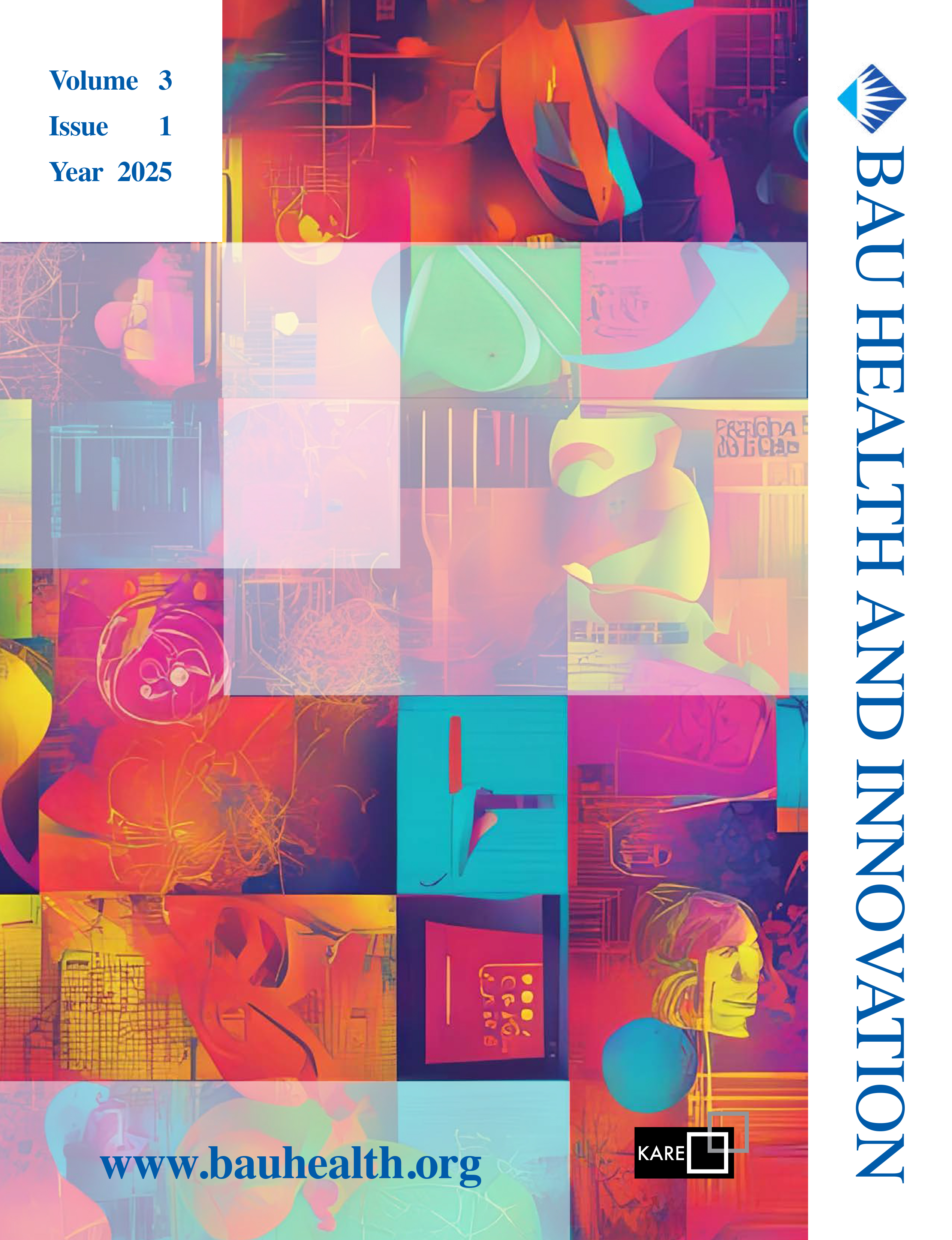Quick Search
Evaluation of the Thoughts and Attitudes About COVID-19 Vaccine of Families of Children with Type 1 Diabetes Mellitus
Ilknur Kızılkaya, Senay Savas ErdeveDepartment of Pediatric Endocrinology, Etlik City Hospital, Ankara, TürkiyeINTRODUCTION: The most effective method of protection against infectious diseases is vaccination. Diabetic individuals are more susceptible to infections. Vaccination has a critical importance for individuals with Type 1 diabetes. In light of this information; to evaluate the thoughts and attitudes of families about the COVID-19 vaccine with children having Type 1 diabetes; it is aimed to evaluate whether children between the ages of 1218 years and being defined for COVID-19 vaccine were vaccinated and if not, the reason for this unvaccinated situation.
METHODS: A questionnaire form created by the researcher by reviewing the literature questioned to 85 parents having Type 1 diabetic children between the ages of 12 and 18, being defined for the COVID-19 vaccine who applied to the endocrinology outpatient clinic, and accordingly, the study data were evaluated using descriptive statistical methods.
RESULTS: The rate of parents who were worried that their child with diabetes would get COVID-19 infection in the pandemic was 81.2%. In the evaluation of the COVID-19 vaccine, 82.4% of the parents stated that the vaccine was protective, while 17.6% thought that the vaccine was not protective. Thirty out of 85 parents stated that they did not vaccinate their children with the COVID-19 vaccine and defined the reasons for not vaccinating as their not finding the vaccine safe, being undecided, not preferring the vaccine, hesitating due to the age of the child, and the fact that their child had COVID-19 infection beforehand. About 43.5% of these 85 parents, who participated in our study, stated that they had anxiety about vaccination.
DISCUSSION AND CONCLUSION: It has been concluded that although parents are afraid of COVID-19 infection, the vaccination rates of their children with Type 1 diabetes are low due to their concerns about the vaccine. Our study results show that the COVID-19 vaccine is a new vaccine, not been applied to children before, and the possibility of side effects after vaccination causes anxiety and hesitation, especially in parents of children with chronic diseases.
Manuscript Language: English


